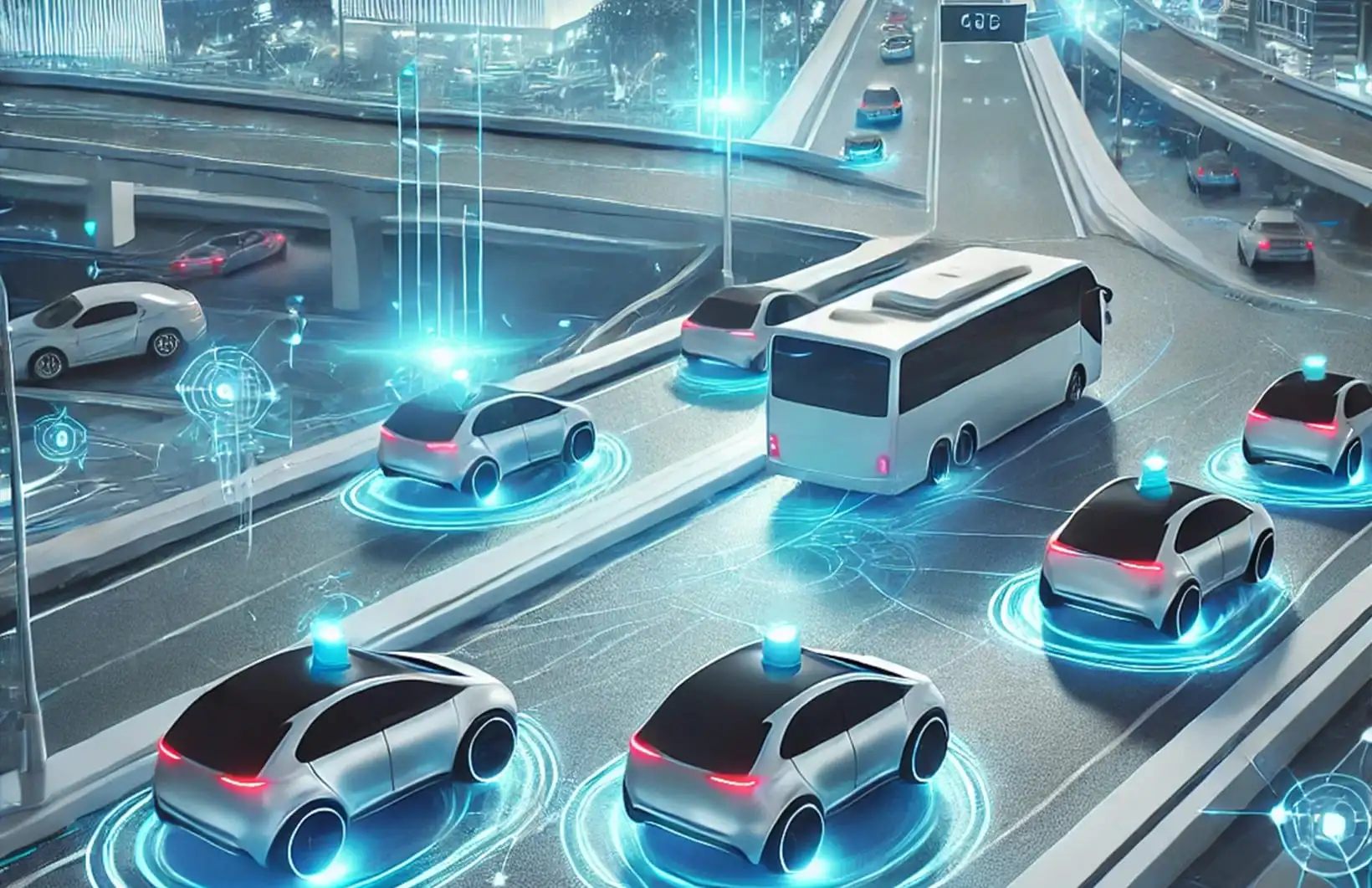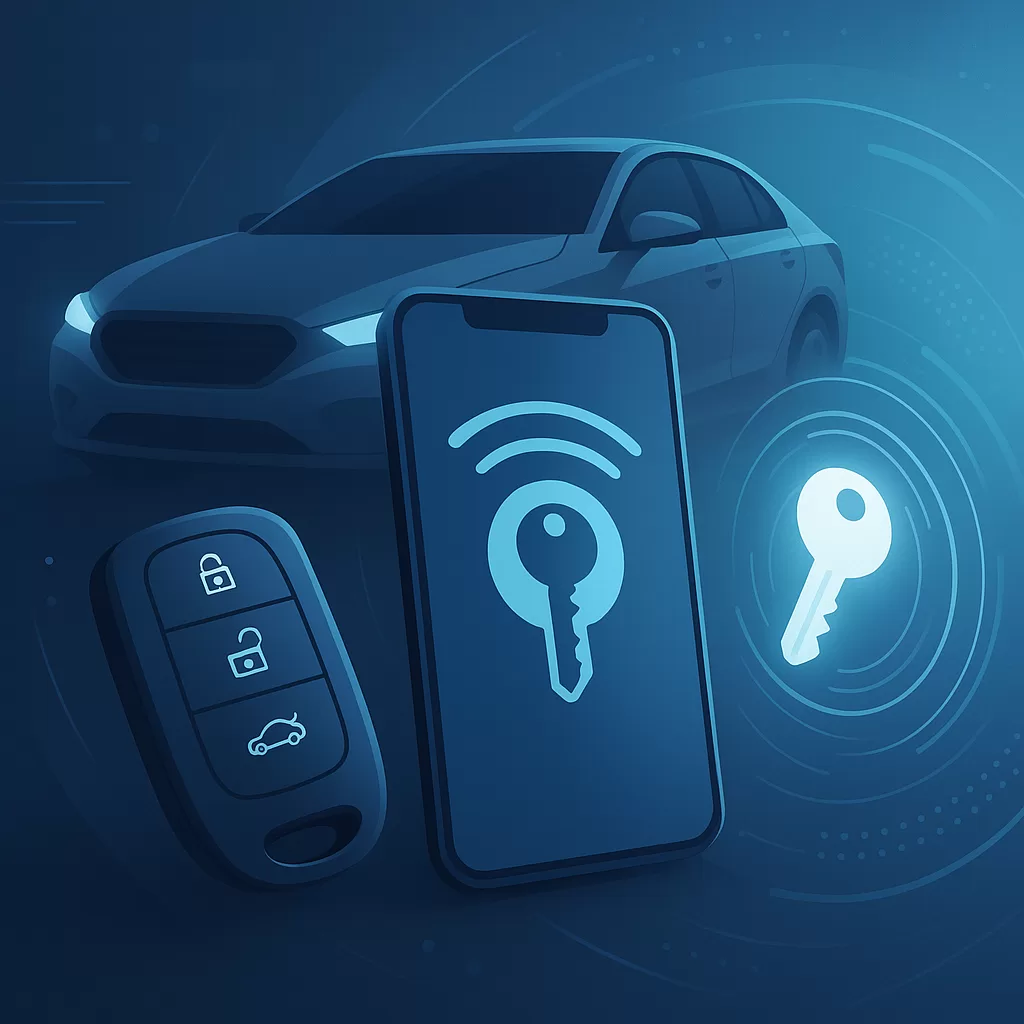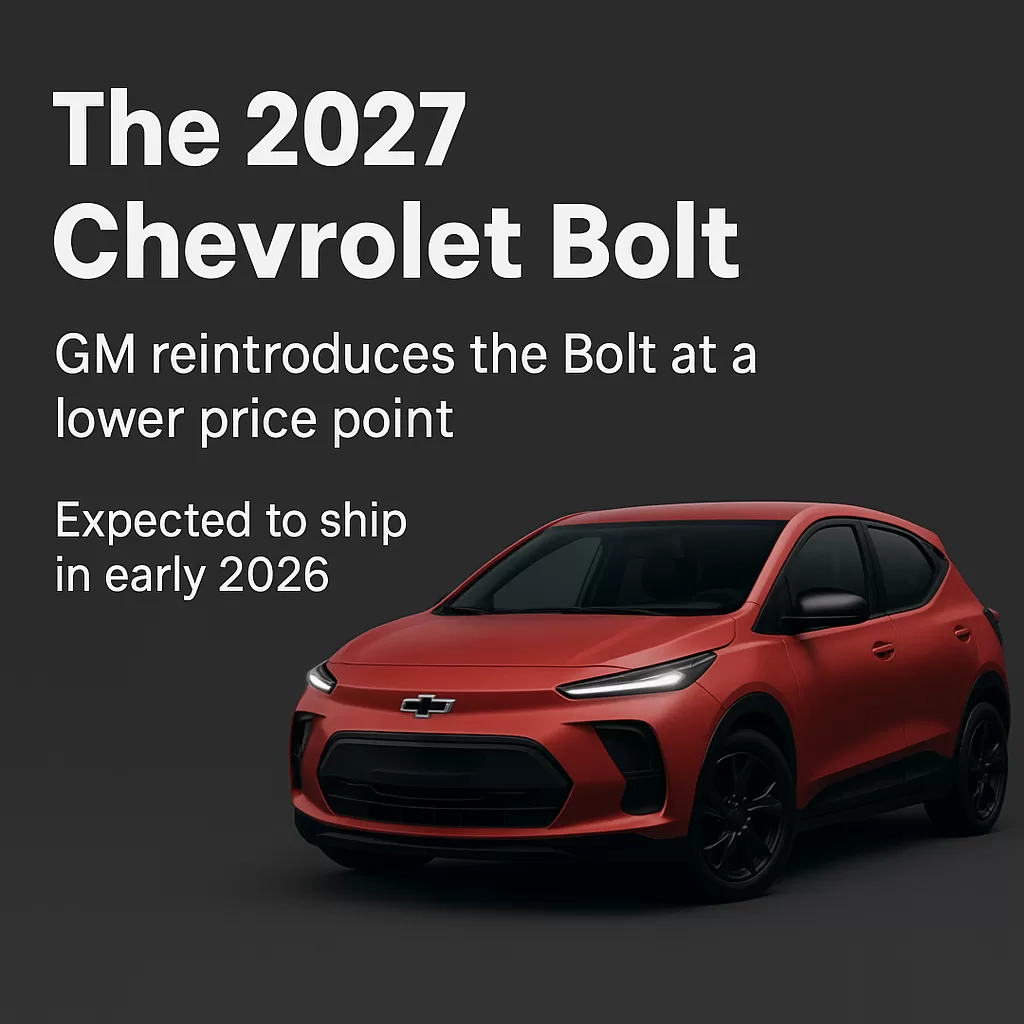As we enter a new era of transportation, autonomous driving technology continues to captivate the attention of the world. With significant progress in Level 3 and Level 4 autonomy, self-driving cars are not just a futuristic concept—they are becoming a reality. Leading companies such as Tesla, Waymo, and major automakers are pushing the boundaries of what’s possible with autonomous technology, promising to revolutionize how we drive, lease, and experience vehicles.
This article delves into the state of self-driving technology, focusing on its advancements, particularly in Level 3 and Level 4 autonomy. It also explores how these breakthroughs are influencing the car leasing industry, presenting exciting opportunities for consumers and businesses alike. Along the way, we’ll highlight key statistics, trends, and facts that underscore the impact of autonomous driving on the automotive sector and leasing models.
A Closer Look at Autonomous Driving Levels
To better understand the advancements in self-driving technology, it’s essential to break it down into levels. These levels represent the degree of autonomy a vehicle has, from Level 1 (basic automation) to Level 5 (fully autonomous).
- Level 3 Autonomy: At this stage, vehicles can perform many driving tasks independently, but human intervention is required if the system encounters an issue or complex driving scenario.
- Level 4 Autonomy: Vehicles at this level can operate independently under specific conditions, such as within a defined geographical area or in particular weather conditions. However, they may still require human input outside of these controlled environments.
As companies race to achieve full autonomy, Level 4 technology is seen as the next major milestone. It is anticipated that autonomous vehicles will soon be available for use in specific areas, such as designated urban regions or highways.
Key Players Driving the Autonomous Revolution
Several industry giants are playing pivotal roles in pushing self-driving technology forward:
- Tesla: Tesla’s Autopilot and Full Self-Driving (FSD) systems are at the forefront of autonomous driving technology. While currently offering Level 2 autonomy, the company is rapidly advancing toward higher levels of automation, with regular software updates and the expansion of its self-driving features.
- Waymo: A subsidiary of Alphabet (Google’s parent company), Waymo is a leader in Level 4 autonomous vehicles. It already operates fully driverless taxis in Phoenix, Arizona, offering a glimpse into the future of autonomous transportation.
- General Motors (GM): GM’s Cruise division is developing Level 4 autonomous vehicles, with plans to launch commercial autonomous taxi services in the near future.
- Ford: Partnering with Argo AI, Ford is testing autonomous vehicle technology and is positioning itself to provide autonomous solutions for both personal transportation and delivery services.
These companies, along with others like Apple and Uber, are committed to transforming transportation through autonomous driving. As these technologies develop, their impact on the car leasing market will become more pronounced.
Autonomous Driving by the Numbers
The rise of autonomous vehicles is backed by significant investment and growing consumer interest. Here are some key statistics that illustrate the rapid growth of this market:
- Market Growth: The autonomous vehicle market is expected to grow at a compound annual growth rate (CAGR) of 22.5%, reaching $556 billion by 2026 (Source: McKinsey).
- Consumer Sentiment: A global survey from Deloitte shows that 58% of consumers are interested in using self-driving cars, with demand particularly high in urban areas.
- Fleet Growth: By 2030, autonomous vehicles are expected to account for 12 million units sold annually, as more consumers adopt the technology (Source: Statista).
How Autonomous Vehicles Are Shaping Car Leasing
As autonomous driving technology progresses, it is reshaping how we think about vehicle ownership, particularly in the context of car leasing. Leasing has long been a flexible and affordable alternative to purchasing a vehicle, and with the rise of autonomous cars, leasing becomes even more attractive for those who want to access the latest innovations in vehicle technology.
The Appeal of Leasing for Early Adopters
For tech enthusiasts eager to experience the latest advancements in self-driving technology, leasing provides a way to enjoy autonomous vehicles without a long-term commitment. Leasing allows consumers to access the newest models and features as they become available, offering the flexibility to upgrade when newer, more advanced versions of autonomous vehicles hit the market.
Autonomous Fleets and Business Leasing
For businesses, especially those operating vehicle fleets, the adoption of autonomous vehicles has the potential to revolutionize operations. Leasing companies are offering autonomous vehicles for fleet leasing, allowing companies to integrate this technology without the upfront costs of purchasing autonomous vehicles outright.
In industries like logistics and delivery, autonomous vehicles are set to drastically cut costs. By removing the need for human drivers and increasing efficiency, businesses can streamline their operations and reduce operational expenses. According to McKinsey, autonomous vehicles in fleet operations could cut costs by as much as 15-20% in areas like last-mile delivery.
Overcoming Barriers to Widespread Adoption
Despite the promise of autonomous vehicles, there are several challenges to overcome before full-scale adoption:
Regulatory and Safety Concerns
One of the most significant hurdles for autonomous vehicles is regulatory approval. Different regions have varying standards and rules regarding self-driving cars, which makes it difficult to deploy autonomous vehicles universally. In the U.S., only certain states like California and Arizona have allowed large-scale testing of autonomous vehicles.
Safety is another key concern. Although autonomous vehicles have the potential to reduce accidents caused by human error, there are still questions about how self-driving cars will respond in complex or unpredictable driving situations. Ongoing testing and regulatory frameworks are crucial for addressing these concerns.
Consumer Trust and Education
Consumer trust in autonomous driving remains one of the biggest obstacles. According to AAA, a large percentage of consumers remain wary of fully autonomous vehicles. In fact, 71% of U.S. drivers express concern about riding in a self-driving car. This hesitation highlights the need for education and transparency from manufacturers, as well as public awareness campaigns to build confidence in the safety and reliability of self-driving technology.
Infrastructure Needs
For autonomous vehicles to function effectively, they require a robust infrastructure. This includes everything from well-maintained roads to advanced sensor networks and digital mapping systems. In many areas, these infrastructures are still in the developmental stages. It may take years for the necessary upgrades to become commonplace, particularly in less urbanized or rural regions.
Emerging Trends in Autonomous Driving and Car Leasing
As autonomous technology continues to mature, several trends are emerging in the car leasing industry that reflect its growing influence:
Autonomous Leasing in Urban Mobility
In highly urbanized areas, where traffic congestion and pollution are major concerns, autonomous vehicle leasing can provide an efficient and sustainable solution. Self-driving vehicles can be leased on-demand, offering consumers flexibility and reducing the need for car ownership. As cities become smarter and more connected, autonomous leasing services will likely become integral to urban mobility solutions.
Autonomous Delivery Fleets
Another key application of autonomous vehicles is in last-mile delivery. With the rise of e-commerce and consumer demand for faster delivery times, companies are increasingly turning to autonomous vehicles for efficient, cost-effective transportation. Autonomous vehicle fleets—whether for passenger transport or goods delivery—are an ideal application for car leasing, allowing businesses to access the technology without the high costs of fleet ownership.
Subscription-Based Car Leasing Models
As autonomous vehicles become more prevalent, subscription-based leasing models are becoming more attractive. These models allow customers to subscribe to a fleet of vehicles, providing access to different cars based on their needs at any given time. These subscription models can be especially beneficial for those who want to access autonomous vehicles but don’t want the responsibility of ownership.
The Future of Car Leasing in the Autonomous Era
The car leasing industry is poised for a major transformation as autonomous driving technology becomes mainstream. As companies continue to innovate and push the boundaries of self-driving cars, leasing will provide an ideal way for both individuals and businesses to access the latest technology without long-term commitments.
Summary:
- Autonomous vehicles are expected to revolutionize the transportation sector, with car leasing becoming a key model for consumers and businesses to experience the latest in self-driving technology.
- Level 3 and Level 4 autonomy are expected to reshape vehicle leasing, providing new opportunities for flexibility, cost efficiency, and on-demand mobility.
- Fleet leasing is increasingly popular among businesses seeking to incorporate autonomous vehicles without upfront costs, especially in sectors like logistics and delivery.
As autonomous driving technology matures, car leasing will play a crucial role in enabling consumers and businesses to integrate these vehicles into their lives without the burden of ownership. By embracing these changes, consumers can experience the future of transportation while leasing companies continue to expand their offerings to meet demand. The future is autonomous, and car leasing is at the forefront of this exciting revolution.
Disclaimer
The information provided on this website, including articles, images, statistics, and references, is intended for informational and educational purposes only.
Presidential Auto Leasing & Sales strives to ensure that all information is accurate and up to date at the time of publication. However, we make no guarantees regarding the completeness, reliability, or accuracy of any content.
This website and its content do not constitute financial or legal advice, nor do they represent an offer or commitment to lease, sell, or finance any specific vehicle. Lease terms, pricing, and incentives may vary by manufacturer, location, and credit approval.
All images used on this website are either:
Owned by Presidential Auto Leasing & Sales,
Licensed for commercial use, or
Used under fair use for commentary, education, or news reporting, with proper attribution when applicable.
If you believe that any image or material on this site infringes on copyright, please contact us immediately at info@presidnetialautony.com, and we will review and take appropriate action.
About Presidential Auto Leasing & Sales
Presidential Auto Leasing & Sales is a licensed automotive broker serving New York, New Jersey, Connecticut, and Pennsylvania. We specialize in new vehicle leasing, financing assistance, and personalized customer service. Our mission is to make car leasing simple, transparent, and affordable for every driver.
For more information, call us at (718) 313-0044.



